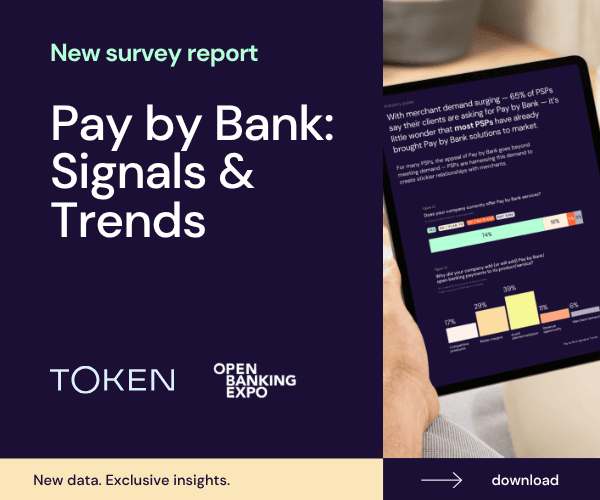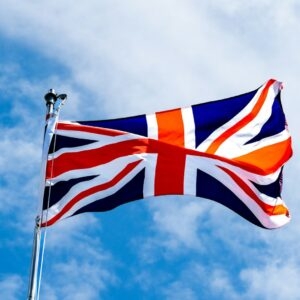
Barclays announces payments tie-up with SAP
Newsdesk | News
03 Apr 2019
Barclays has announced a strategic partnership between its Barclaycard Commercial Payments division and enterprise software firm SAP UK.
Barclaycard will integrate its B2B payment product, Precisionpay, into SAP’s global supply chain management platform Ariba. It will be the first product to launch on the Ariba Network, aiming to “combine the perks of card payments for buyers with the cost effectiveness of bank transfers for suppliers”.
The Precisionpay Bank Transfer service allows buyers to pay suppliers earlier in the procurement cycle, enabling suppliers to offer prompt payment discounts. Buyers can also opt to have Barclaycard fund their payments, giving them an additional 56 days to pay the balance of the transaction.
“In global procurement, payment has always been the part of the process that has created the most friction, so we’re really excited to be partnering with SAP to make B2B payments as simple and seamless as possible,” said Marc Pettican, managing director of Barclaycard Commercial Payments.
The integration between the two systems will complete later in the year. It is hoped that the combination of the two services will allow users to make quicker, easier orders on the Ariba Network.
“Barclaycard is a long-term strategic partner for SAP and we’re taking this partnership to the next level by collectively redefining the corporate payments market with a highly innovative platform,” said SAP’s managing director for UK and Ireland, Jens Amail.
“The introduction of early settlement flexibility will truly revolutionise the industry and bring so much more value to Barclaycard customers.”
SAP Ariba customers that use Precisionpay will be granted access to a data dashboard, which offers further insights into transaction trends, powered by SAP’s Cloud Platform and the SAP Analytics Cloud solution. Both companies hope that their customers will benefit from smarter payment and procurement decisions, without the inconvenience of radically overhauling their existing approaches.
Barclaycard processed more than £250 billion of transactions around the world in 2017. The bank says it has prioritised the development of new forms of payment, having previously been at the forefront of developing contactless and mobile payment schemes.









